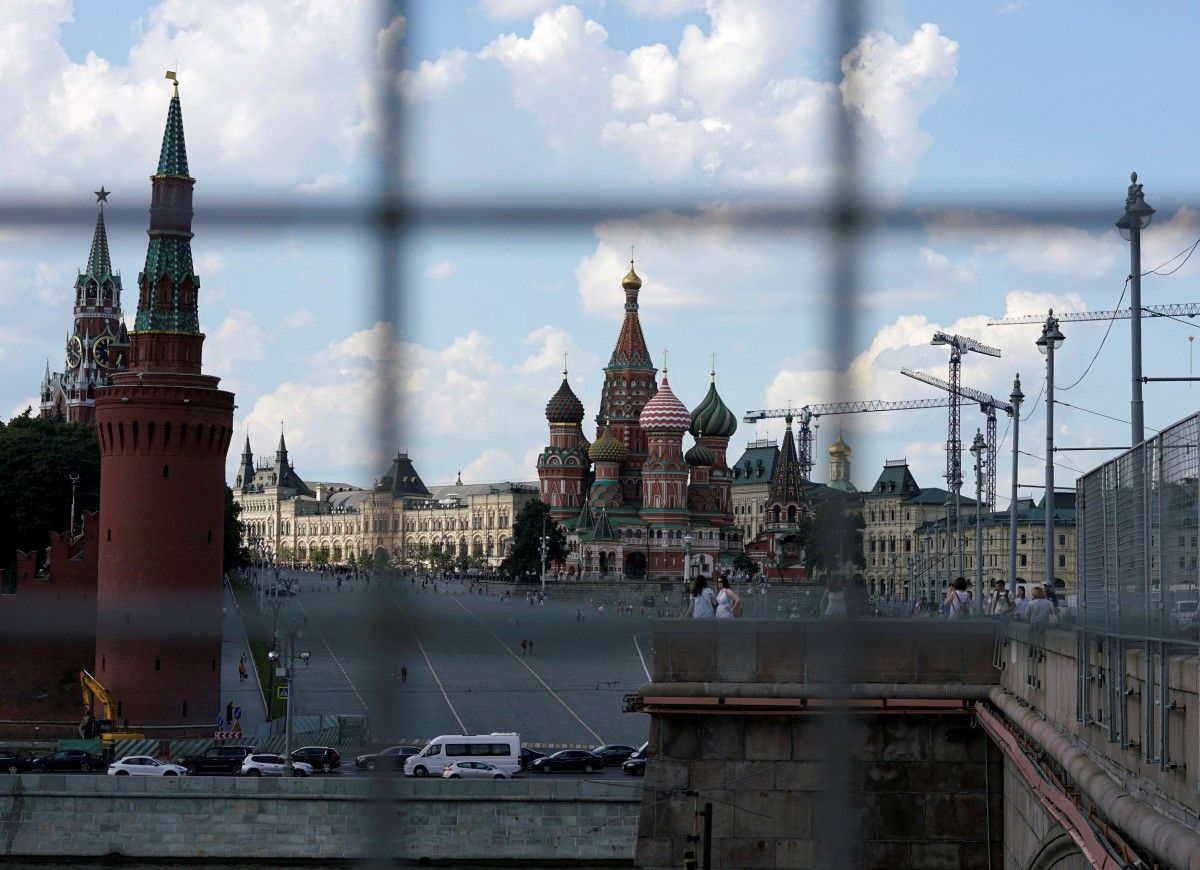
"In certain countries, Russian influence has become so pervasive and endemic that it has challenged national stability as well as a country's Western orientation and Euro-Atlantic stability," said the report of a 16-month study by the Center for Strategic and International Studies in Washington and the Sofia, Bulgaria-based Center for the Study of Democracy, Reuters wrote.
The report is released amid an unprecedented debate in the United States over whether Russia is attempting to interfere in the upcoming presidential election with cyber attacks and the release of emails from the campaign of Democratic Party candidate Hillary Clinton.
The former U.S. Secretary of State's campaign has said the Kremlin is trying to help Republican Donald Trump win the White House.
Read alsoGermany's ex-Chancellor Schroeder gets top position at Gazprom subsidiaryOn Friday, the U.S. government for the first time formally accused Russia of hacking Democratic Party organizations. Russian President Vladimir Putin on Wednesday rejected allegations of any interference in the elections.
A former U.S. State Department official is the report's lead author and U.S. officials said they concur with the findings on Russia's involvement in Eastern Europe.
"The Russians have been engaged in a sustained campaign to recapture what Putin considers their rightful buffer in Eastern Europe, and to undermine not just NATO and the EU, but the entire democratic foundation of both institutions," said a U.S. official who has studied Russian behaviour since before the Soviet Union's collapse in 1991.
Read alsoA powerful Russian weapon: The spread of false stories – NYTThe official requested anonymity because, he said, the White House has ordered officials not to publicly discuss hostile Russian activities.
Those activities, he said, include bribery, propaganda, disinformation, "the occasional" assassination of Kremlin critics at home or abroad, and now using the internet to undermine opponents and weaken Western institutions.
"The Kremlin Playbook" cites a series of Russian efforts to expand its writ in central and eastern Europe.
Read alsoYahoo News: Russia steps up trolling attacks on the West, U.S. intel report findsThey range from "megadeal" projects such as the EUR 12.2 billion contract to build two new nuclear reactors in Hungary, awarded to Russia under opaque terms, to the cultivation of pro-Russian businessmen who gain political office and then shield Moscow's interests, it said.
In Bulgaria, Russia's economic presence is so strong, averaging 22% of GDP between 2005 and 2014, "that the country is at high risk of Russian-influenced state capture," the report said.
Read alsoU.S. accuses Russia of directing cyberattacks to 'interfere' with electionsIt is not the only study this year to highlight Russia's measures in the region.
"Russia has opened a new political front within Europe by supporting the far right against the liberal European Union," the Centre for Historical Analysis and Conflict Research, a British Army research group, said in February.
Governments such as those in Hungary and Greece "openly sympathise" with Putin, it said. "The result is that there is a substantial 'fifth column' in western and central Europe which weakens our response to Russian aggression."

